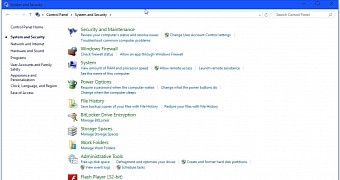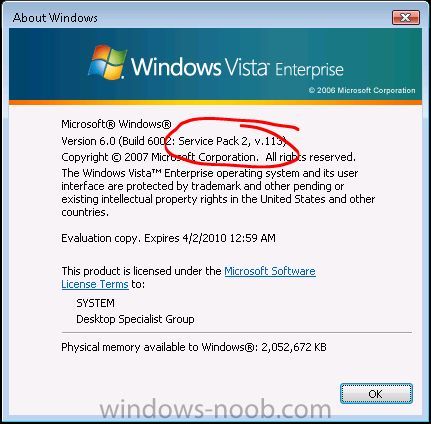

I really like the idea of a tool like this that you can run to see if your machine is actually ready for a Windows 11 upgrade or not. It could be that since I am not signed in with a Microsoft Account, the tool does not even check my hardware, so the TPM 2.0 issue is missed. Since my DIY machine does not have a TPM 2.0 module, I would expect the PC Health Check tool to complain about that. All of the various third party drivers are fully up to date with the latest versions. It is running Windows 10 Pro Version 21H1, fully patched with Windows Update as of this morning. It has an AMD Ryzen 7 5800X in a Gigabyte B550 AORUS PRO AC motherboard with two 8GB sticks of G.SKILL DDR4-3600 CL14 RAM and a 1TB Sabrent Rocket 4 Plus NVMe SSD. This machine is one that I built completely from parts.

I downloaded it and installed it on my gaming rig. Microsoft has a free PC Health Check App that you can download here. Other than that, these are pretty modest requirements that my machine far exceeds. You might want one anyway, but it is not required. If you enable that in the BIOS, you don’t actually need a separate hardware TPM 2.0 module. Update: It turns out that this motherboard supports AMD CPU fTPM which is part of the AGESA code. This will be a common issue for DIY motherboards. I will need to find and order a GC-TPM2.0_S module for this if I want Windows 11. My motherboard has a TPM Header, but no actual TPM module.

One item that caught my eye is the requirement for TPM 2.0.


 0 kommentar(er)
0 kommentar(er)
